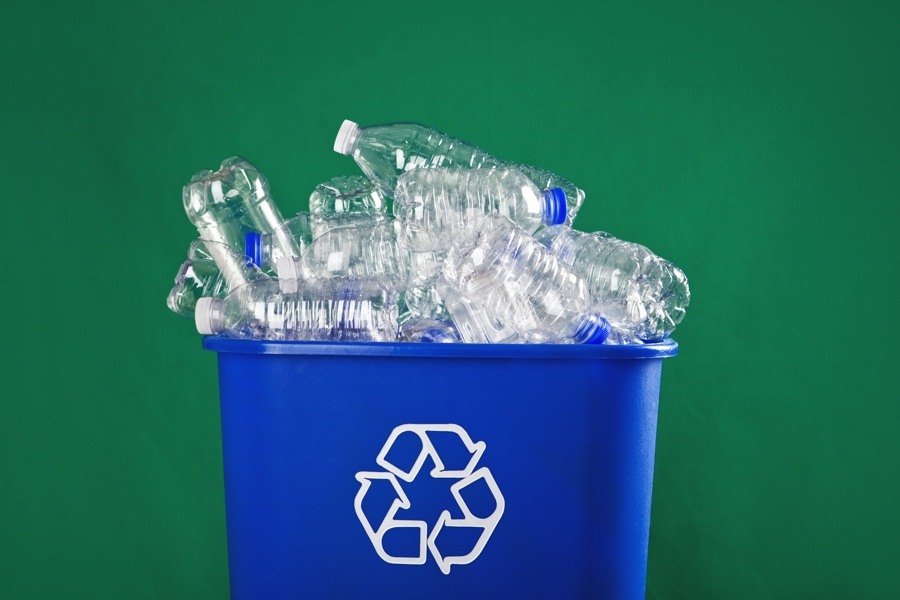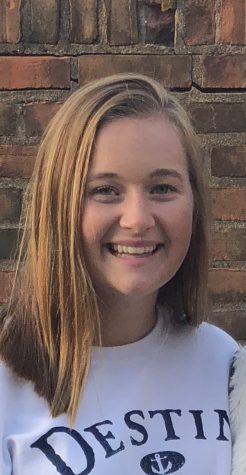Breaking Down Recycling
January 30, 2020
What are those bins with the bright blue lids, scattered around the school? What are they for? What good do they do for the planet? These are recycling bins, and I am here to look into these questions and find some insight into the recycling world at SHS.
As someone who volunteers to clean out recycling bins, I have seen, firsthand, the state in which these bins are in. There are instances when recycled bottles are filled up to the brim, but also contains a variety of food, liquid filled bottles, tissues, and even fruit flies! Education is half the battle when it comes to being a good recycler. Some people just simply do not know what can be recycled. Knowing what can go into the recycling bins could greatly impact the effectiveness of SHS’s recycling habits.
| ONLY | NO |
| Aluminium Cans | Food Trash |
| Plastic Bottles | Milk Cartons |
| Full Bottles |
There are many bags of recycled bottles and cans that are taken out of the school weekly, but there are areas in which the school as a whole could improve.
Mrs. Bane, an environmental science teacher and fellow environmental enthusiast says, “Recycling has to be a collective effort. If even one piece of food waste is put in a recycling bin, we technically have to throw the entire bag of recyclables away. No one wants to be the ‘recycling police,’ but if you see someone throw trash in the recycling bin, kindly let them know the bin isn’t for trash.” This is absolutely correct. When recycling bags are thrown out to be recycled, the bags are checked for trash, and if some is found, the entire bag is thrown into the trash. Also, students need to lead by example when wanting to dispose of a recycled bottle. Putting in the effort to walk a little bit farther to the recycle bin instead of throwing the bottle in the nearest trash can that is a few feet away, has a bigger impact than many think. To help with this problem, the school could even place a trash can next to each recycling bin so that, with the knowledge of what can and cannot be put in recycling, trash can be minimized in recycling bins.
Mrs. Bane adds that, “Realistically, a lot of plastic isn’t recycled any longer. The countries that used to accept plastics for recycling are no longer taking plastic from the US. We all need to take a closer look at single-use plastics in our lives. Bottled water and bottled drinks really are a silly use of plastic. How difficult is it to keep a reusable water bottle on hand? Several studies have shown that bottled water is much more contaminated with fungi and bacteria than tap water, so the idea that bottled water is ‘better quality water’ is truly a myth.”
Good recycling habits start at home. One thing that can be done by parents is to simply educate children. Also, as Mrs. Bane mentioned, bringing reusable water bottles instead of plastic water bottles is more beneficial. Who really knows if the plastic that is recycled is made into a different product. Using a reusable water bottle is one simple change that can be implemented to protect the earth of potential plastic waste.
Recycling is a great way to help our world and to help ourselves. With these few changes to our daily routine and working together, waste can be minimized and can make a healthier and better place in SHS and our world!



